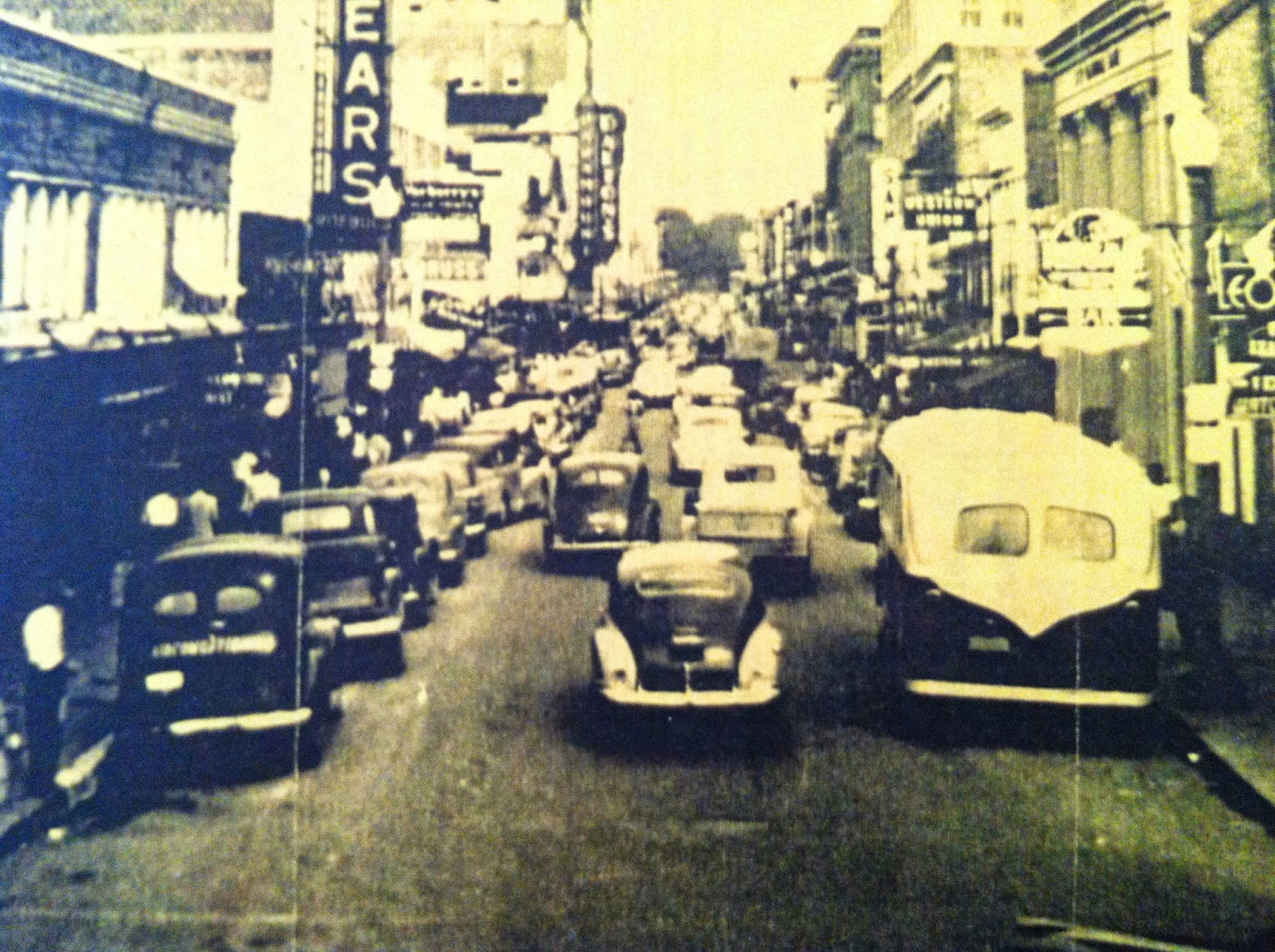+AFRICAN INDIGO+
>was the early french 18th century plantation<
>cash crop in louisiana before sugar made it<
+EARLY 18C FRENCH+
+NOLA CASH CROP+
>possible to become so very successful that<
>french planter's sons were paris educated<^^^^^^^^^^^^^^^^^^^^^^^^^^
+FRANCOIS VERLOIN deGRUY+
>our great grandfather grew up w/ indigo<
>was married w/ sugar and educated at<
>the paris sorbonne where he met his<
>wife's (adele foucher) relatives and<
+VICTOR HUGO+>her scholarly husband friend of<
+CHARLES NODIER+
>director of the arsenal library<
>collection of occult books<
^^^^^^^^^^^^^^^^^^
+FRANCOIS BROUGHT THIS+
>(love for french esoterica<
>alchemy & architecture)<
+"MEMORY"TO LOUISIANA+
^^^^^^^^^^^^^^^^^^^^>"mary", french 18th century indigo plantation<
>on the mississippi river south of new orleans<
+(THIS de LERY PLANTATION+
+near GRUY INDIAN MOUND+
+18C INDIGO PLANTATION)+
>is typical of the early "west indian" tradition<
^^^^^^^^^^^^^^^^^^^^^^^^^^^
>a love for french art and french african indigo<
>was my inheritance along w/ the vaudchamp<
+(GOOGLE : EUGENE RAY+
+/ DEGAS / LAUTREC etc)+
>portrait painting of francois verloin degruy<
^^^^^^^^^^^^^^^^^^^^^^^^^^
>this classic french creole beauty, felicite foucher<
>was married to francois verloin degruy and both<
+(3 FOUCHER GIRLS WED+
+3 deGRUY BROTHERS)+ !
>grew up on adjoining french indigo plantations<
^^^^^^^^^^^^^^^^^^^^^^^^^^^^^^
>i remember as a boy in louisiana seeing<
>a few indigo plants still left growing<
+(HISTORICAL INDIGO-+
+AFRICA REMNANTS)+
>wild in roadside drainage ditches<
^^^^^^^^^^^^^^^^^^^^^^
>it is synchronistic that western africa is the<
>setting for indigo growing and the best of<
+AFRICAN ART+
+(& VOUDOU)+
>the indigo taken to louisiana plantations<
^^^^^^^^^^^^^^^^^^^^^^
>in southwest africa indigo fabric design<
>was dynamic, diversified & beautiful<
^^^^^^^^^^^^^^^^^^^^^^^^^
>in france, indigo was used to dye the<
>uniforms of napoleon's french troops<
+(AFRICAN INDIGO+
+/ FRENCH BLUE)+
>(these, of course are the "africain")<
^^^^^^^^^^^^^^^^^^^^^^^^
>it is interesting that blue denim fabric<
>was named after nimes,(south france)<
+(BLUE DENHAM /+
+NIMES, FRANCE)+
>"corduroy"was (cord of the king)<
>(only the king could wear cords)<
^^^^^^^^^^^^^^^^^^^^^^
>baton rouge, 1948, the year after i saw the ufo<
>was when i was getting serious about french<
+(1947 UFO SIGHTING+
+TURNED ME "ON")+
>culture as a subject to document seriously<
^^^^^^^^^^^^^^^^^^^^^^^^^^
>twenty years later, in california i turned<
>many of these photos into elements for<
+(COLLAGE DOCUMENTA+
+/COMMUNICATION ART)+
>contrasting fresh growth with decay<
^^^^^^^^^^^^^^^^^^^^^
>the ultimate harvest of french plantation<
>metamorphic radiance is seen in this<
+(METAMORPHIC+
+ALCHEMY 1987)+
>california plantation villa design<
^^^^^^^^^^^^^^^^^^^^^
>just as the indigo plants convert sunshine,
>water and soil nourishment into flowers<
+(METAPHYSICAL ART+
+& ARCHITECTURE)+
>& fruit so did my art become manifest<
^^^^^^^^^^^^^^^^^^^^^^^^
>french-african voudou and jazz music are<
>powerful catalysts for creative graphics<
+(NOLA AFRO-FRENCH+
+/ SENSE OF PLACE)+
>using vernacular cultural elements<
^^^^^^^^^^^^^^^^^^^^^^
+NOLA SUGAR PRODUCTION+
+REPLACED INDIGO WHICH+
>indigo workers died while-<
>sugar processing improved<
>(foucher/debore plantation(<
+WAS DIFFICULT & COSTLY+
^^^^^^^^^^^^^^^^^^^^^^eugene ray, mfa, architect
professor emeritus, sdsu















No comments:
Post a Comment
Thank you for your interest in the work of Eugene Ray. Please subscribe to the blog to follow via e-mail